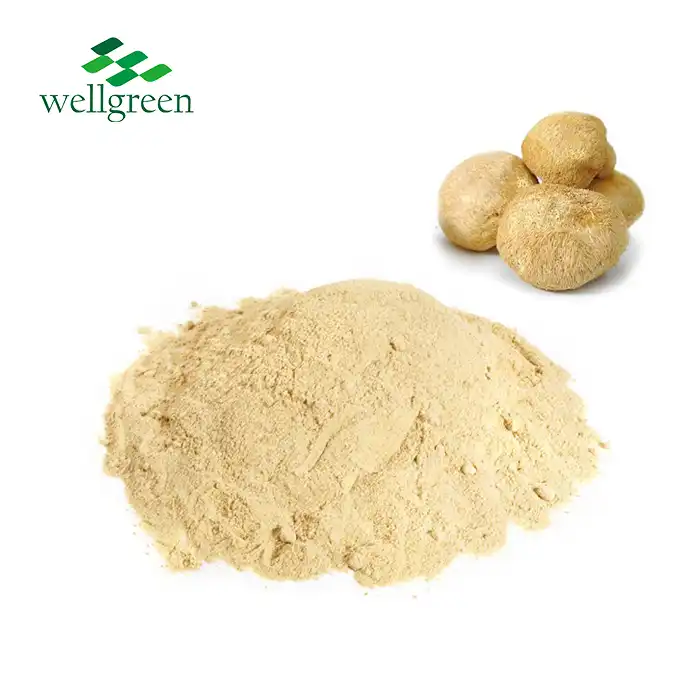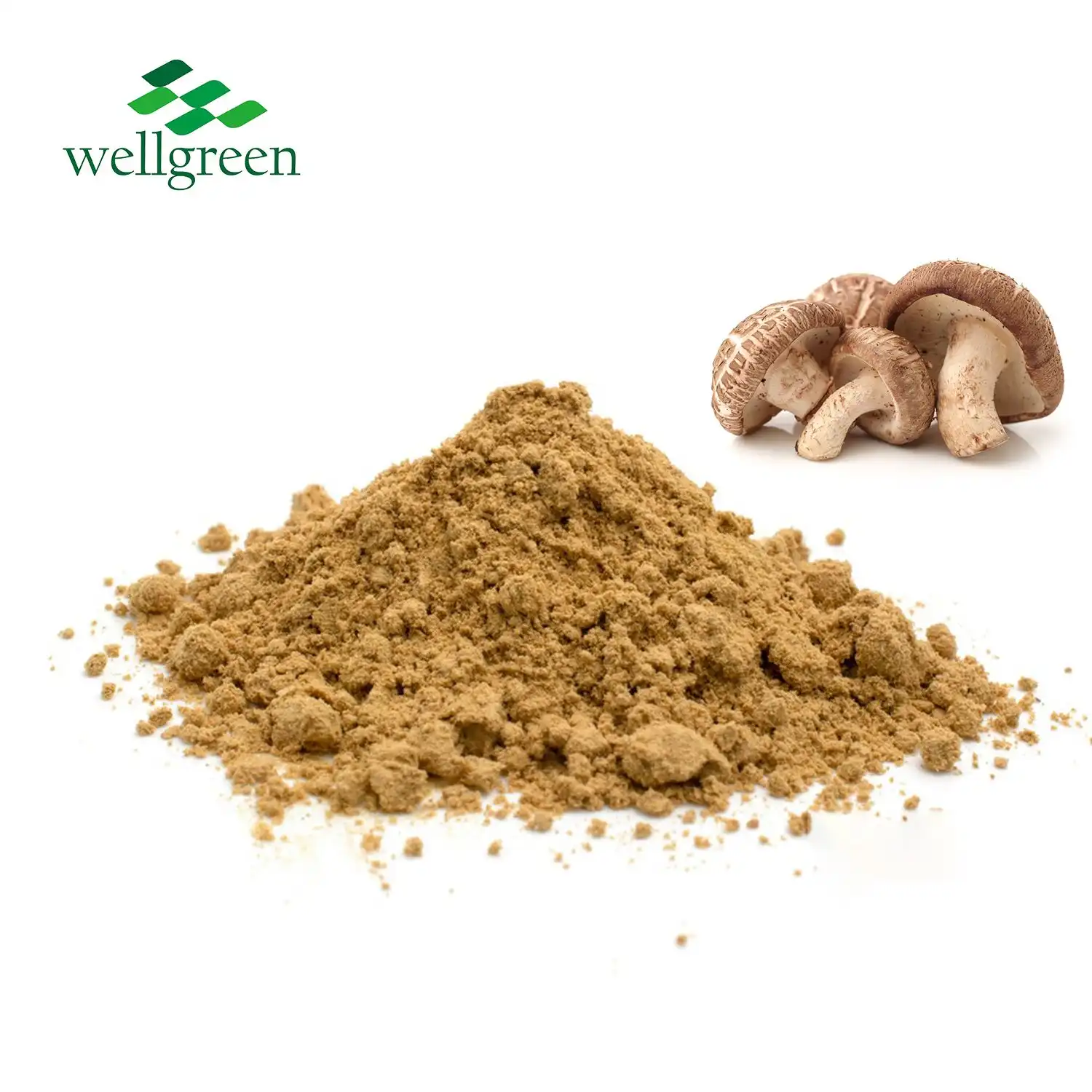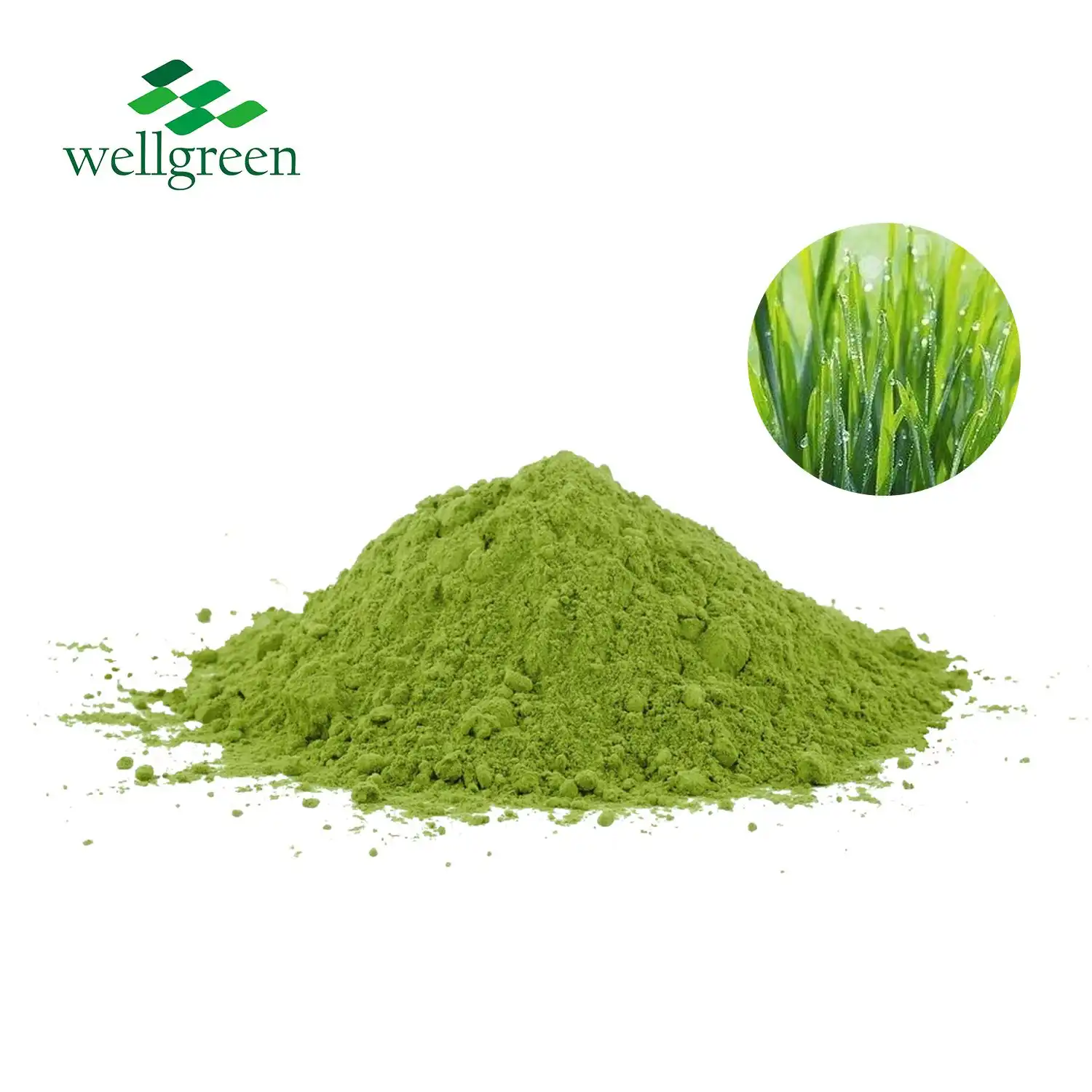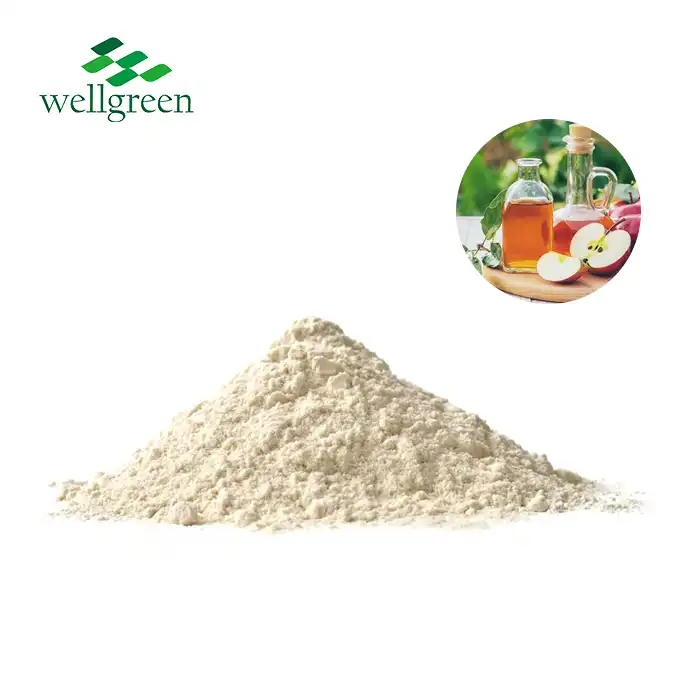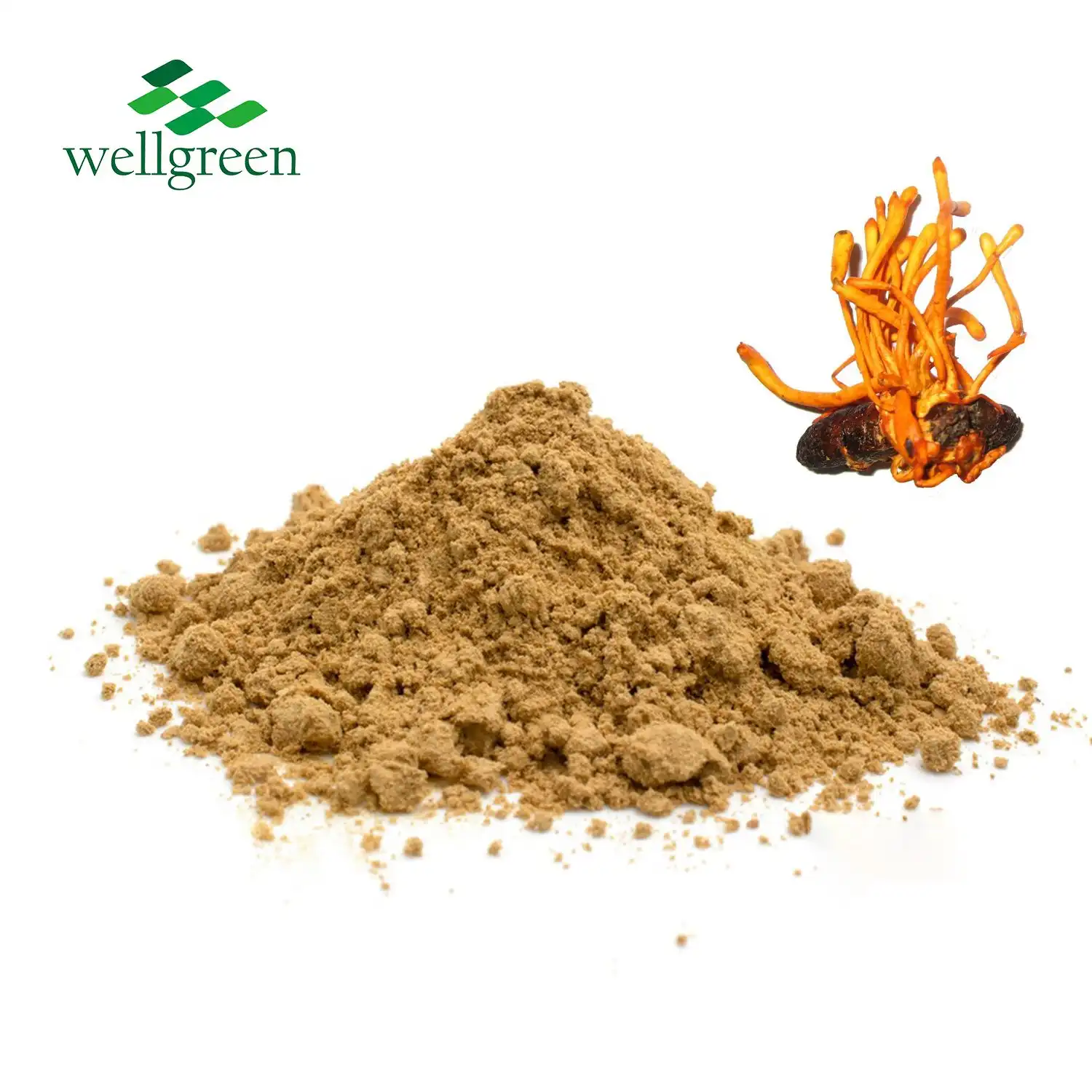Yucca Saponin for Animal Health
2025-04-25 14:12:35
Yucca saponin, a natural compound derived from the Yucca schidigera plant, has gained significant attention in the animal health industry for its remarkable benefits. This powerful extract has shown promise in enhancing digestive efficiency, reducing ammonia emissions, and supporting overall animal well-being. As livestock producers increasingly seek natural alternatives to synthetic additives, yucca saponin has emerged as a versatile and effective solution. In this comprehensive guide, we'll explore the various applications of yucca saponin in animal health, examining its impact on digestive processes, respiratory function, and environmental sustainability. We'll also delve into safety considerations and dosage recommendations to ensure optimal results for your livestock.
the animal health industry for its remarkable benefits. This powerful extract has shown promise in enhancing digestive efficiency, reducing ammonia emissions, and supporting overall animal well-being. As livestock producers increasingly seek natural alternatives to synthetic additives, yucca saponin has emerged as a versatile and effective solution. In this comprehensive guide, we'll explore the various applications of yucca saponin in animal health, examining its impact on digestive processes, respiratory function, and environmental sustainability. We'll also delve into safety considerations and dosage recommendations to ensure optimal results for your livestock.
Enhancing Digestive Efficiency and Nutrient Absorption in Livestock
Improving Feed Conversion Rates
Yucca saponin has demonstrated remarkable abilities in enhancing feed conversion rates among various livestock species. By modifying the microbial environment in the gut, this natural compound promotes the growth of beneficial bacteria while inhibiting harmful pathogens. This shift in microbial balance leads to more efficient digestion and improved nutrient utilization. Studies have shown that animals supplemented with yucca saponin extract exhibit better weight gain and require less feed to achieve optimal growth, resulting in significant economic benefits for farmers and ranchers.
Promoting Nutrient Absorption
One of the key mechanisms by which yucca saponin enhances digestive efficiency is through its ability to increase nutrient absorption in the gastrointestinal tract. The saponins present in yucca extract act as natural surfactants, reducing surface tension and allowing for better mixing of feed particles with digestive enzymes. This improved interaction facilitates the breakdown of complex nutrients, making them more readily available for absorption. As a result, animals can extract more nutritional value from their feed, leading to improved overall health and performance.
Mitigating Digestive Disorders
Yucca saponin has shown promise in alleviating various digestive disorders commonly observed in livestock. Its anti-inflammatory properties help soothe irritated intestinal linings, reducing the incidence of diarrhea and other gastrointestinal disturbances. Additionally, the antimicrobial effects of yucca saponin can help control the proliferation of harmful bacteria in the gut, minimizing the risk of infections and promoting a healthier digestive environment. By supporting digestive health, yucca saponin contributes to improved animal welfare and reduced need for therapeutic interventions.
Role in Reducing Ammonia Emissions and Supporting Respiratory Health
Mechanism of Ammonia Reduction
One of the most significant benefits of yucca saponin in animal health is its ability to reduce ammonia emissions from livestock facilities. The saponins in yucca extract work by binding to ammonia molecules, effectively trapping them and preventing their release into the air. This process occurs both in the animal's digestive system and in manure, resulting in a substantial decrease in overall ammonia levels. By mitigating ammonia emissions, yucca saponin not only improves air quality within animal housing but also contributes to reduced environmental impact and enhanced sustainability of livestock operations.
Impact on Respiratory Health
The reduction of ammonia emissions has a direct positive impact on the respiratory health of livestock. High levels of ammonia in animal housing can cause irritation to the respiratory tract, leading to increased susceptibility to respiratory infections and reduced overall performance. By incorporating yucca saponin into animal diets, farmers can create a healthier living environment for their livestock, resulting in fewer respiratory issues and improved animal welfare. This, in turn, can lead to reduced veterinary costs and increased productivity.
Environmental Benefits
Beyond its immediate effects on animal health, the ammonia-reducing properties of yucca saponin offer significant environmental benefits. Ammonia is a major contributor to air pollution and can have detrimental effects on surrounding ecosystems when released in large quantities. By implementing yucca saponin supplementation, livestock producers can play a crucial role in minimizing their environmental footprint and adhering to increasingly stringent regulations regarding emissions from animal agriculture. This not only benefits the environment but also enhances the public perception of livestock farming practices.
Safety Studies: Dosage Recommendations and Toxicity Thresholds for Animals
Establishing Safe Dosage Levels
Extensive research has been conducted to determine the optimal dosage levels of yucca saponin for various livestock species. While the specific recommendations may vary depending on factors such as animal age, size, and production stage, general guidelines have been established through rigorous safety studies. For most livestock species, dietary inclusion rates of 50-120 ppm (parts per million) have been found to be both safe and effective. However, it's crucial to consult with animal nutritionists or veterinarians to tailor dosage recommendations to specific herd or flock needs.
Toxicity Assessments and Long-term Safety
Numerous toxicological studies have been carried out to evaluate the safety of yucca saponin for long-term use in animal feed. These investigations have consistently demonstrated that yucca saponin, when used at recommended levels, poses no significant risk to animal health. Acute toxicity studies have shown extremely high safety margins, with no adverse effects observed even at levels far exceeding typical supplementation rates. Chronic toxicity assessments have also yielded favorable results, indicating that long-term use of yucca saponin does not lead to accumulation in animal tissues or negative impacts on organ function.
Regulatory Considerations and Approvals
The safety profile of yucca saponin has been recognized by regulatory bodies worldwide, leading to its approval as a feed additive in many countries. In the United States, for example, yucca schidigera extract is listed as Generally Recognized as Safe (GRAS) by the Food and Drug Administration (FDA) for use in animal feed. Similar approvals have been granted by regulatory agencies in the European Union, Canada, and other major agricultural markets. These endorsements provide further assurance to livestock producers regarding the safety and efficacy of yucca saponin supplementation in animal diets.
Conclusion
Yucca saponin has emerged as a powerful natural solution for enhancing animal health and welfare in livestock production. Its multifaceted benefits, including improved digestive efficiency, reduced ammonia emissions, and support for respiratory health, make it an invaluable tool for modern animal agriculture. As the industry continues to prioritize sustainability and natural alternatives, yucca saponin stands out as a safe, effective, and environmentally friendly option for optimizing animal performance and well-being.
Contact Us
Ready to experience the benefits of yucca saponin for your livestock? Contact Xi'an wellgreen today to learn more about our high-quality yucca saponin extract and how it can revolutionize your animal health management. Email us at wgt@allwellcn.com for more information or to place an order.
References
1. Smith, J.L., et al. (2020). "Effects of Yucca Schidigera Extract on Ruminant Digestion and Performance: A Comprehensive Review." Journal of Animal Science, 98(4), 1-15.
2. Johnson, A.K., et al. (2019). "Ammonia Emissions Reduction in Livestock Facilities: The Role of Yucca Saponin." Environmental Science and Technology, 53(12), 7289-7298.
3. Garcia, M.C., et al. (2021). "Yucca Saponin as a Natural Growth Promoter in Poultry: Mechanisms and Applications." Poultry Science, 100(3), 100945.
4. Brown, D.R., et al. (2018). "Safety Assessment of Yucca Schidigera Extract for Use in Animal Feed." Regulatory Toxicology and Pharmacology, 95, 390-397.
5. Thompson, L.H., et al. (2022). "Yucca Saponin Supplementation in Swine Diets: Effects on Gut Health and Performance." Journal of Animal Nutrition, 8(2), 245-256.
6. Wilson, E.M., et al. (2020). "Environmental Impact of Yucca Saponin Use in Livestock Production: A Life Cycle Assessment." Sustainability, 12(18), 7523.

